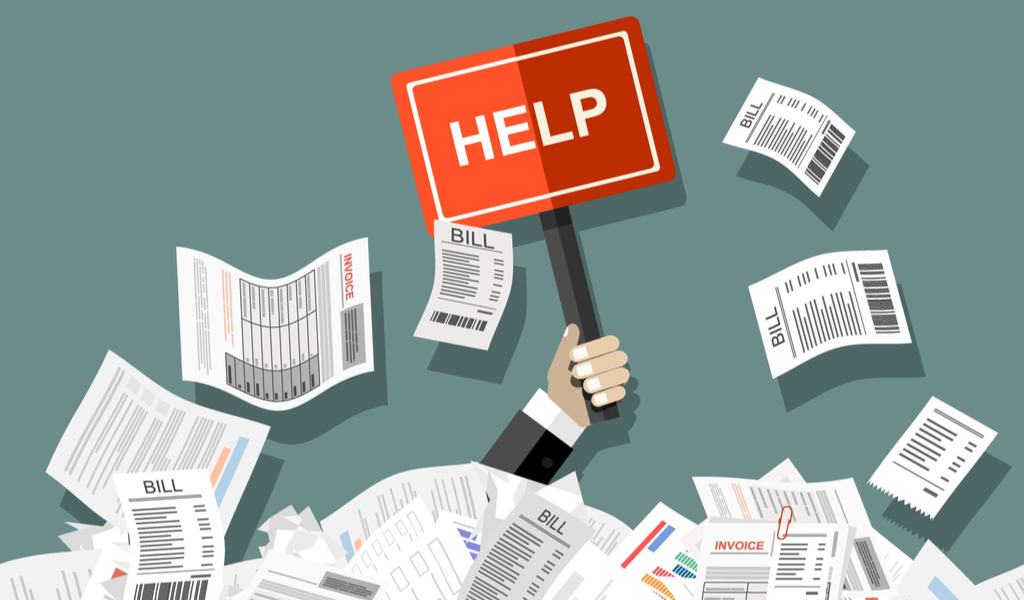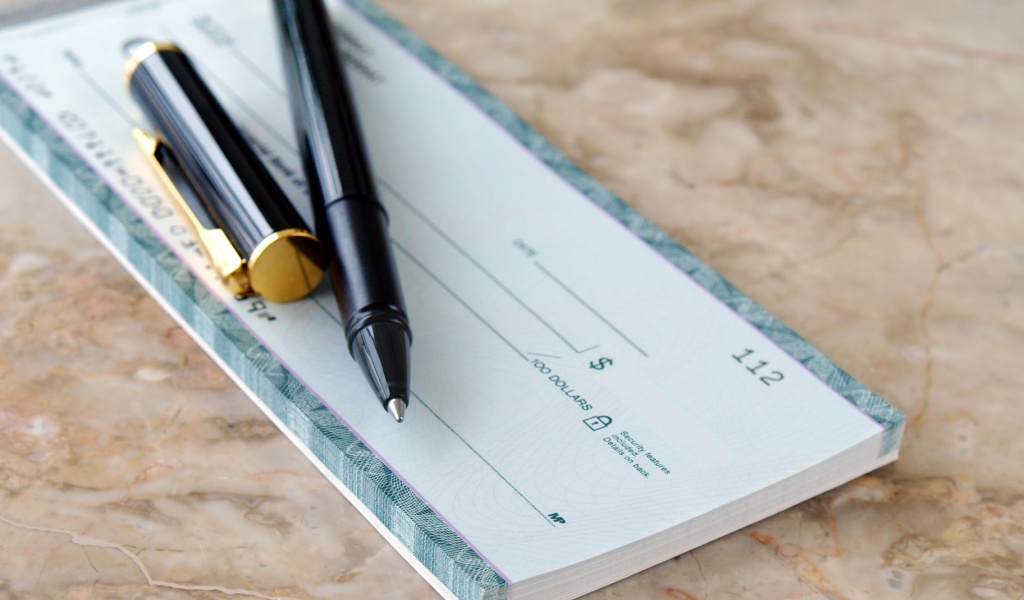With the economy facing a downward curve and people losing jobs, an increasing cost of living has left people rummaging through an empty pocket hoping to find a miracle. Unforeseen circumstances can hinder you from meeting all financial obligations or to continue enjoying the lifestyle you’ve gotten used to.
We’ve got no choice but to adjust. When money is tight, we need to prioritize where we put it towards. We’re talking about those pesky bills, of course. Your number one priority should be to feed your family, but that doesn’t mean eating out or getting a takeaway. With a stringent budget, make do with what you can get. Even instant noodles and can of beans is better than nothing if it keeps your tummy full and helps you pay off all your bills.

Here are the most important bills to prioritize when money is tight:
1. Shelter
What comes after food? Shelter. Keeping a roof over you and your family’s head should be the first priority, so make sure to settle your house payment or rent. In case you can’t afford your mortgage, make an appointment with a HUD-approved housing counselor immediately to discuss your options.
2. Utilities
Making your house more comfortable is the next order of business. Basic needs like water, electricity, and gas are what comes next to shelter, so make sure those bills are paid off as well.
3. Other Housing Expenses
Any and all bills related to your home need to be paid off next to make sure you keep your home. Things like insurance, HOA dues, taxes, and especially home equity loans need to be high-priority. Anything that may result in you losing your home needs to be taken care of before other bills.
Any bills related to your home, like insurance, HOA dues, taxes, and the like should be paid to ensure you keep your home. Likewise, any home equity loans you have should be high-priority. Anything that can cause you to lose your home should be addressed before your other bills.
4. Work-Related Expenses
Bills that determine your ability to make money are also a high priority. You can’t make a living if you can’t do your job, can you? This may include things like car payments if your vehicle is essential for you to get to work, Wi-Fi if you do a lot of work over the internet, or even your phone bill.
5. Child Support
Child support is something that falls somewhat into the previous category. If you are a working parent, you will need someone to look after your children while you’re away!
6. Taxes
Taxes are the next order of business. Depending on your social status and income, you might be exempt from several types of taxes, but that’s something you need to figure out. If you are eligible to pay taxes, you can’t default on them or you could be arrested!

7. Student Loan Payments
When it comes to student loans, the lender is the government. While this might seem more favorable than owing a private bill collector, think about the power the government has over you compared to a single individual. You can also refer a financial advisory to ask about applying for a deferment until your financial situation improves.
8. Phone Bill
A phone is pretty much a necessity in today’s world, but if you have a mobile and landline, it might be time to get rid of the latter.
9. Unsecured Debts
Unsecured debts include things such as credit card payments, medical bills, etc. If you can’t pay them, the creditors aren’t allowed to repossess your home or car, or other assets. While you may be hit with a late charge that you’ll need to pay later, it’s important to prioritize the bills that have consequences for non-payment first. And even then, you should pay them off in the order of highest interest rate to lowest.



